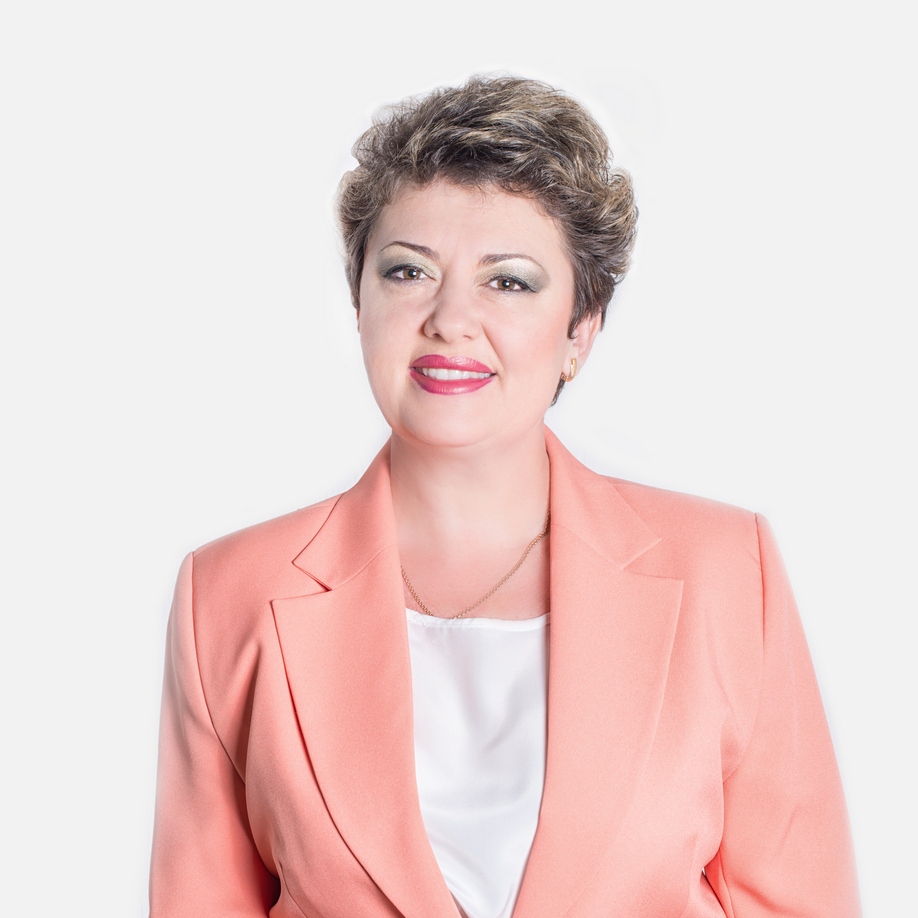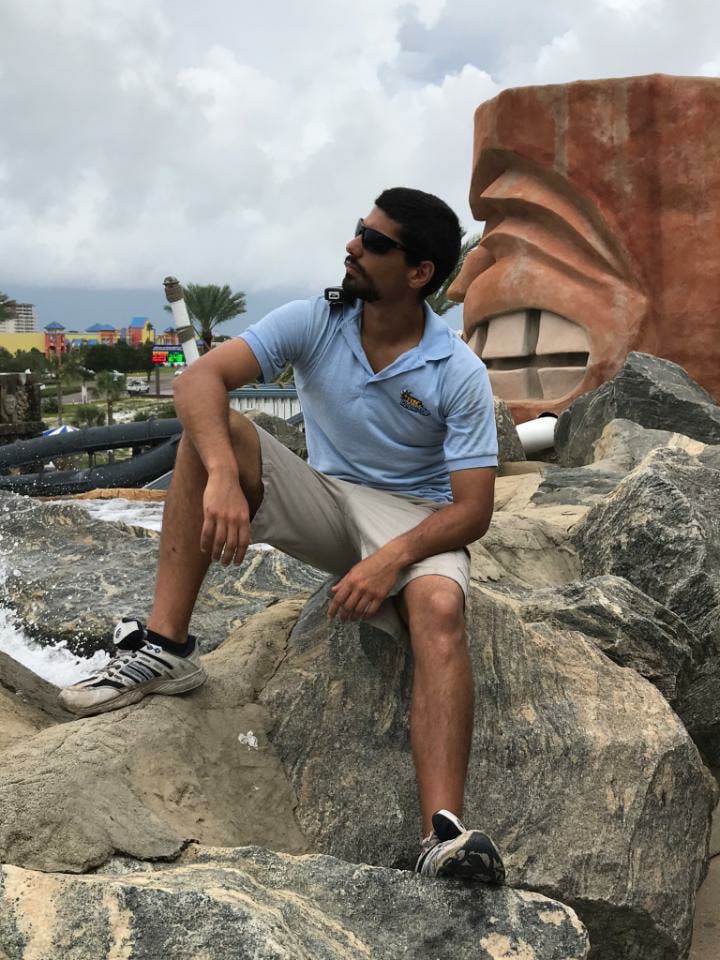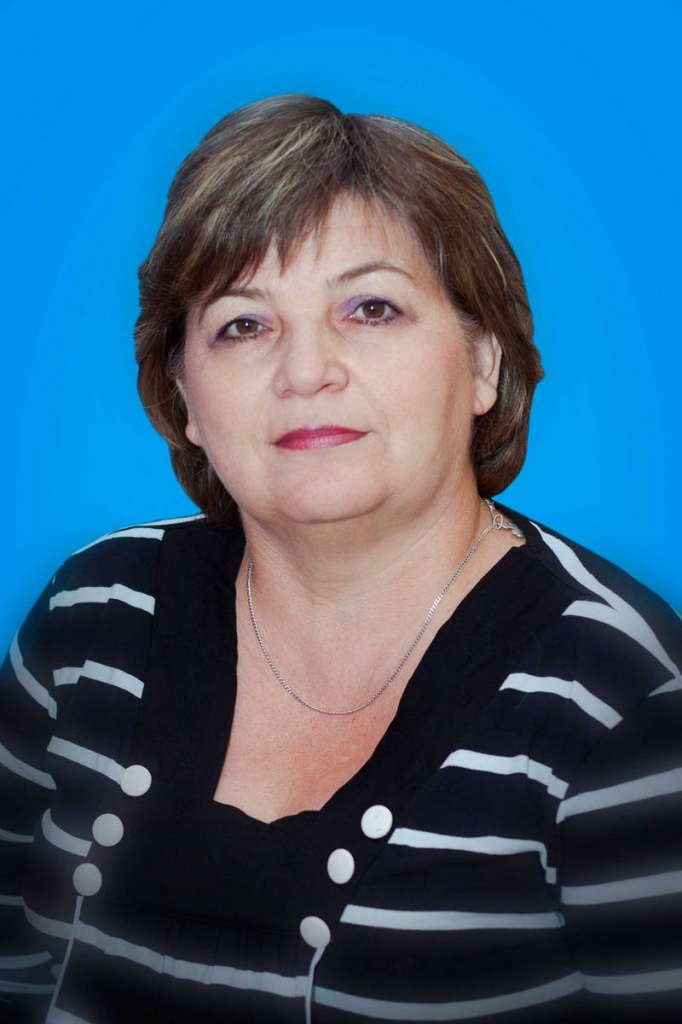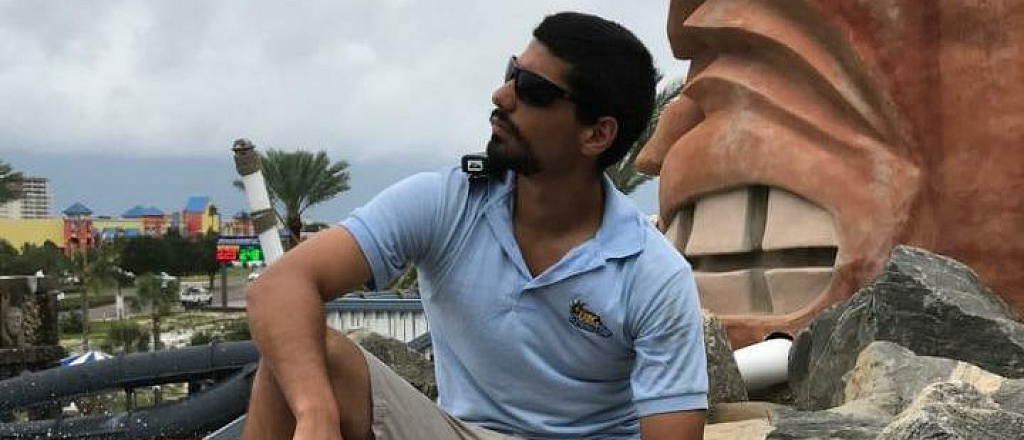Olga Andrievskaya, 49 years old, biology teacher, head of the Bulgarian ethnocultural centre «Zlata»

I represent the fourth generation of my nation in Kazakhstan. My family is multinational, I name it a small assembly. Dad is Bulgarian, the mother is Ukrainian, Russian husband, the daughter-in-law is a Tatar.
My ancestors came to Kazakhstan, Pavlodar region, during the Stolypin reform of resettlement from Bessarabia. Resettlement of Bulgarians on the territory of Kazakhstan held in two ways: voluntary emigration at the end of the 19th century and deportation during Stalin's repressions. Voluntary migrants mainly live in Pavlodar and Aktobe regions, and in Karaganda, Almaty and Atyrau live Bulgarians resettled in the years of Stalin's terror. Currently, in Astana live about 100 Bulgarians.
I spent my summer holidays in Bulgaria. It is a small but beautiful, warm and green country. I have visited Varna, Burgas, Obzor, Nessebar. Interesting to know how the ancestors lived, what customs and traditions they had. I wanted to get in touch with the history and culture of my people.
Bulgarians and Kazakhs are much alike. Moreover, the Bulgarians are Slavs whose ancient roots stars from the Kipchaks time. There are similar and even the same words, some patterns of clothing and even holidays. On the 1st of March, Bulgaria celebrates the holiday of the new production year. This is a Martenitsa. The holiday is similar to Nowruz because of celebration time and the meaning. It is believed, that on the 1st of March comes Baba Martha, which represents the spring and wake of the everything alive from long winter sleep. In Martenitsa customary to give each other brushes made of coloured threads and to wish health and longevity. Just as in Nauryz customary to cook Nauryz-kozhe. The main dish of the table in Martenitsa is bannitsu — double cake, wrapped with a bundle and filled with cottage cheese. A lot of pastries should be on the table. Symbols of prosperity.
In 2011 I created the Bulgarian ethnocultural centre «Zlata» in Astana. Our centre is small because not so many Bulgarians live in Astana. But it also unites people interested in the language and culture of the Bulgarian people. We closely cooperate with ethnocultural centres from Pavlodar, Aktobe. We also keep in touch with the Bulgarian Embassy in Kazakhstan.
Atanas Fayumi, 24 years old, hometown — Ruse, computer technician

Love brought me to Kazakhstan. My wife and I met in the USA, and she is from Kazakhstan and I am from Bulgaria. After the USA I decided to come to her house, meet her parents and make the proposal. Our wedding was in Kazakhstan.
My wife's hometown is Karaganda. A good city with warm and kind people. Here I managed to go to the graduation of my wife's sister and liked it. Everything was fun and energetic, the children showed their vocal and choreographic talents. I felt a 45-degree cold for the first time in Karaganda — such unusual feeling.
Also, I have visited Astana. Astana is a stunning and different city from Karaganda. Tall buildings, busy streets. Shopping centre Khan Shatyr surprised by its huge size. The building «lighter» looks interesting and unusual. I visited Baiterek and fulfilled the tradition — laid the hand to the President's imprint. Astana is cool.
My hometown Ruse is quiet and cosy. I like it there, and every corner evokes pleasant memories from the past. I love spending time by the Danube River.
Kazakhstan similar to Bulgaria in architecture. A lot of buildings from the post-Soviet period and we have a relatively common history.
I liked Kazakhstan, and development in the country is felt. An amazing capital, kind and educated people. Now my wife and I live in Bulgaria, but we will come to visit my wife's relatives.
Valentina Shatova, 55 years old, hometown — Pavlodar, history teacher, head of the Bulgarian ethnocultural centre «Slavs»

I am a Bulgarian in the fourth generation and live in Kazakhstan. My ancestors came to Pavlodar region and founded two villages — Rozumivka and Andrianovka. They moved to Kazakhstan on Stolypin reform. At that time the situation in Russia was difficult. The peasants were on strike and demanded land for work, and their wish came true. They fell in love with new lands in Kazakhstan, grew gardens and brought many seeds from Bessarabia.
The main population of the village was Bulgarians, and all spoke Bulgarian. In the village, I learned to speak my native language. I remember the times when we spoke Russian only at school, the rest of the time we spoke Bulgarian. And even now, many years later, with villagers we speak Bulgarian. I taught my children and teach my grandchildren to the native language.
Bulgarian tribes came from Central Asia, we are Turkic people, and in my dialect a lot of Turkic words. For example, the word «akyl» in the Bulgarian language also has the same meaning.
In my historical homeland for the first time, I was in 2016. Through the Embassy I was invited to an international seminar, which has been held for 40 years. This seminar is conducted by Veliko Tarnovo University named after Cyril and Methodius and Sofia University: they teach culture — language, dance, vocals.
Most of my life I lived in the village. I am a village person, not afraid of village work. My village does not exist anymore, but I come to visit the graves of grandparents. These holy places mean a lot to me. There an incredibly fabulous nature: strawberry fields, salt lakes.
I got used to Pavlodar for a long time, but as a historian, I explored the history of the city. I read a lot about the city and loved it because it is beautiful, clean, green. I love the old part of the city: the drama theatre named after Chekhov, Museum of Potanin, the Museum of Bukhar Zhyrau. Our Irtish River is an amazing, the main river artery of Kazakhstan. For me, the city has a perfect location. The city is changing and we — Kazakhstanis do not stand still and constantly move forward. In Pavlodar live more than 900 Bulgarians.




